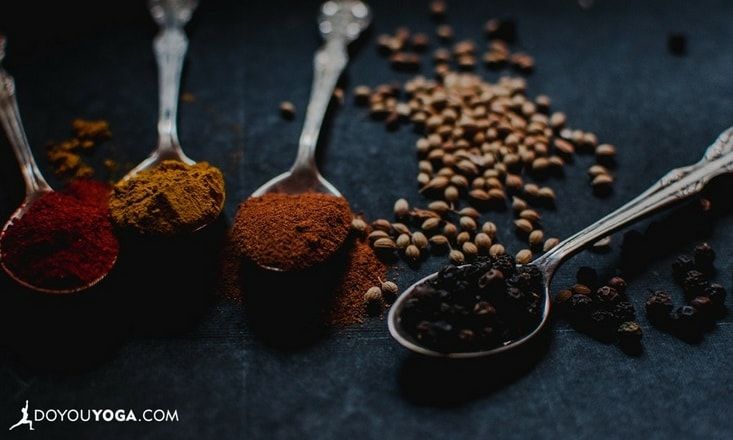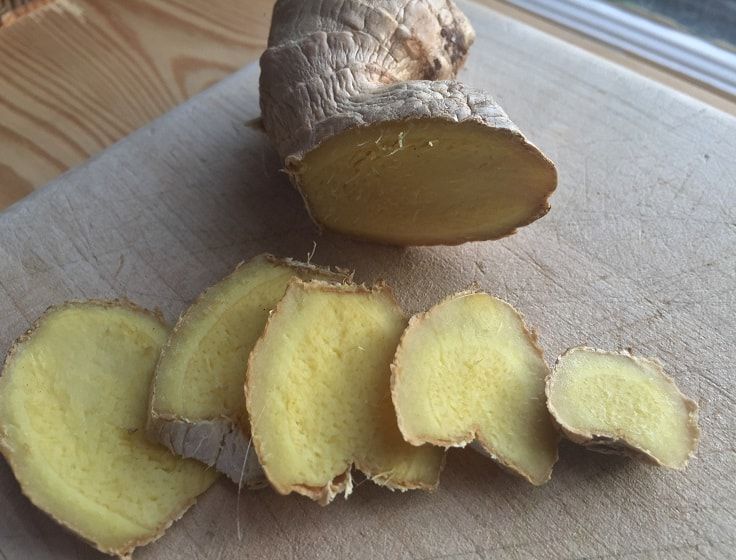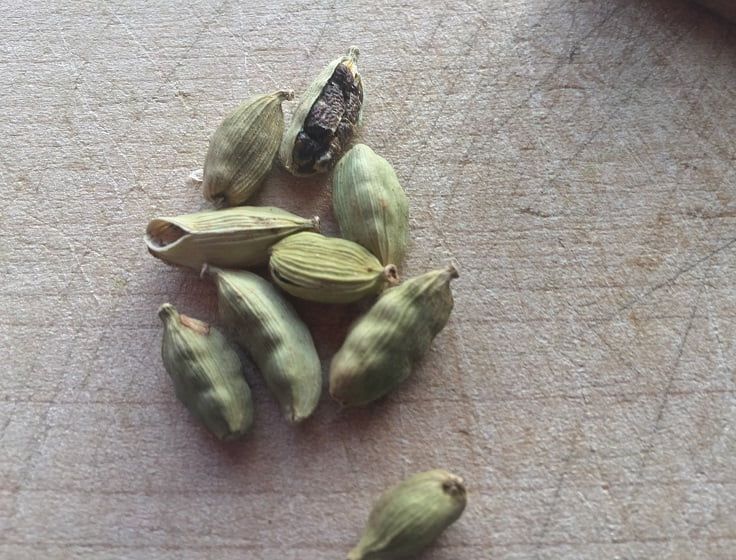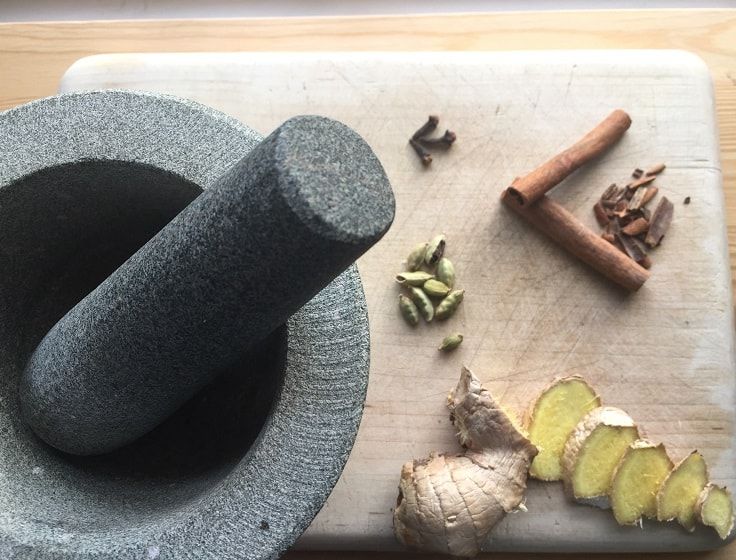I clearly remember the first time I began to think spices were worthy additions to my meals. It was in a training for Ayurvedic cooking. Ayurveda translates as “the science of longevity/life” and it advocates for using food as medicine.
In this training, my teacher reminded us that “spices are the chauffeurs of your meals – they have the power to move your food easily through your body.” Spices will enhance your absorption of beneficial nutrients while simultaneously encouraging your body to let go of waste created in the process of digestion.
If you have ever struggled with sluggish digestion, spices can be life-changing. Below are odes to a few spices that have become staples in my kitchen, and suggestions for ways you might begin to use them in yours.
1. Ginger
Many of us are not used to using fresh spices, but you really need to get your hands on some fresh ginger root. This root is a go-to for helping to regulate imbalanced digestion. It stimulates your appetite, curbs nausea, reduces flatulence, and improves absorption and assimilation of nutrients from your food.
Additionally, it can be used to reduce stomach cramps and relieve sinus congestion. Peel off the outer layer of skin and grate a bit of this root into your skillet when sauteing veggies or making marinades, salad dressings, and stir fries. You can also chop off a few ginger “coins” and simmer them to make fresh ginger tea for sipping before or after eating a heavy meal.
2. Cinnamon
Cinnamon is rich in natural compounds called polyphenols. Research suggests that these compounds act like insulin in our body to help regulate blood sugar levels. Therefore, use cinnamon in conjunction with sugary desserts or dishes with lots of starches to accent the sweet taste without adding more sugar.
Add a pinch of cinnamon to your hot chocolate or coat root vegetables with olive oil, cinnamon, and chili powder before roasting in the oven.
3. Cardamom (Green)
When you smell or taste freshly ground cardamom, prepare to be transported. Cardamom seeds grow in small pods that help preserve their flavor and essential oils. The most potent cardamom experiences happen when you break open the pods and then grind the seeds down to a powder for your recipe.
Cardamom is used to sooth mouth ulcers and curb chronic bad breath. As an antispasmodic, this spice can counter the effects of stomach cramps and hiccups. I use this spice generously in breakfast yogurts and chai masala (spiced tea) made with whole milk, as it assists in metabolizing dairy protein.
4. Fennel
Fennel seeds need to be on your table if you eat food that leaves a strong taste in your mouth. At the end of your meal, take a pinch of the seeds with salt and chew to help clear strong garlic, onion or curried flavors from your palate.
Fennel has plenty of dietary fiber and limits reabsorption of cholesterol into your arteries. Significant potassium in these seeds also helps in regulating blood pressure.
5. Clove
Clove will make your mouth water by encouraging secretions from your salivary glands. As a natural diuretic, it will also encourage bladder elimination – so you’ll want to avoid ingesting this spice right before you leave for a long commute with no bathroom breaks.
Clove is a natural partner to cinnamon as both are warming spices that aid in moving foods that are more dense and harder to digest through your digestive tract. Think of adding clove to heavy winter oatmeals and buttery fruit pies.
6. Coriander
Coriander comes from the seeds of the cilantro plant. This spice contains antioxidants that help relax the muscles of our digestive tract and reduce discomfort from digestion problems.
Coriander also provides fiber, iron, magnesium and manganese to aid in your body’s metabolic processes. You can add a few seeds to a boiling pot of rice to infuse the rice with extra flavor and a fun crunch, or make a cilantro chutney to accent your meals.
Spices are a gift from nature that we can enjoy with each meal—medicine can taste good!
Image credit: Pratiksha Mohanty






